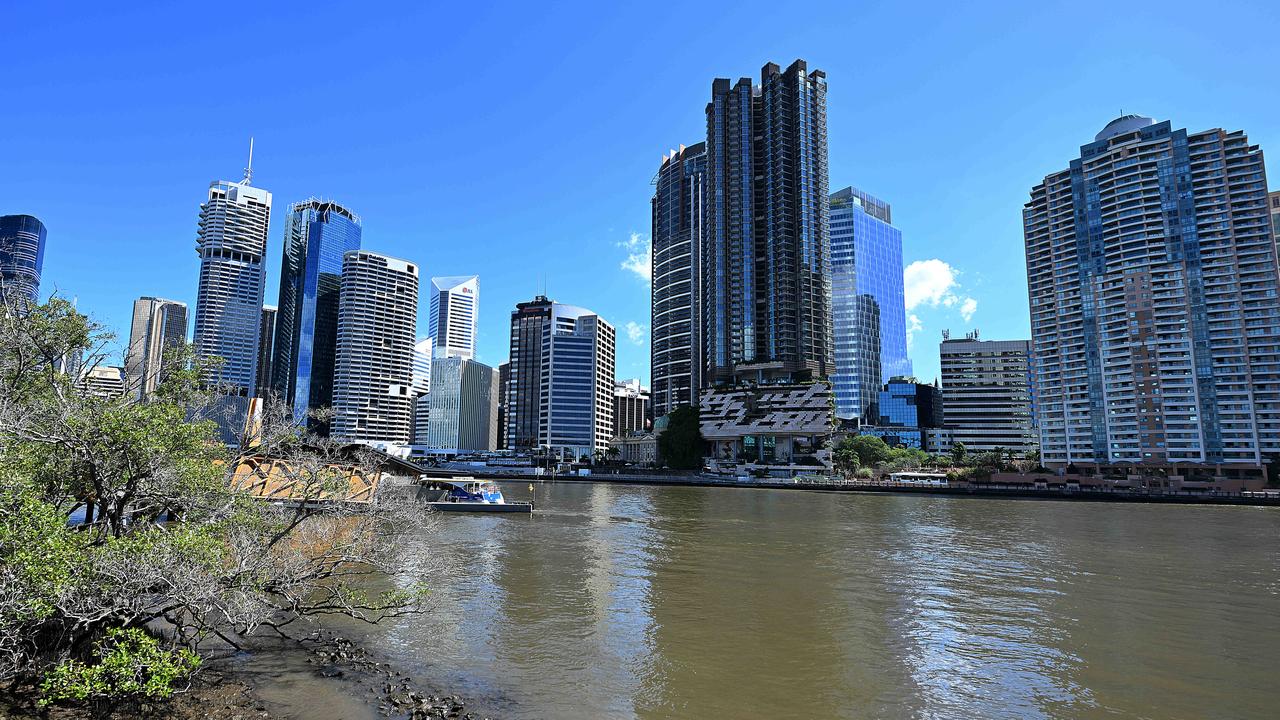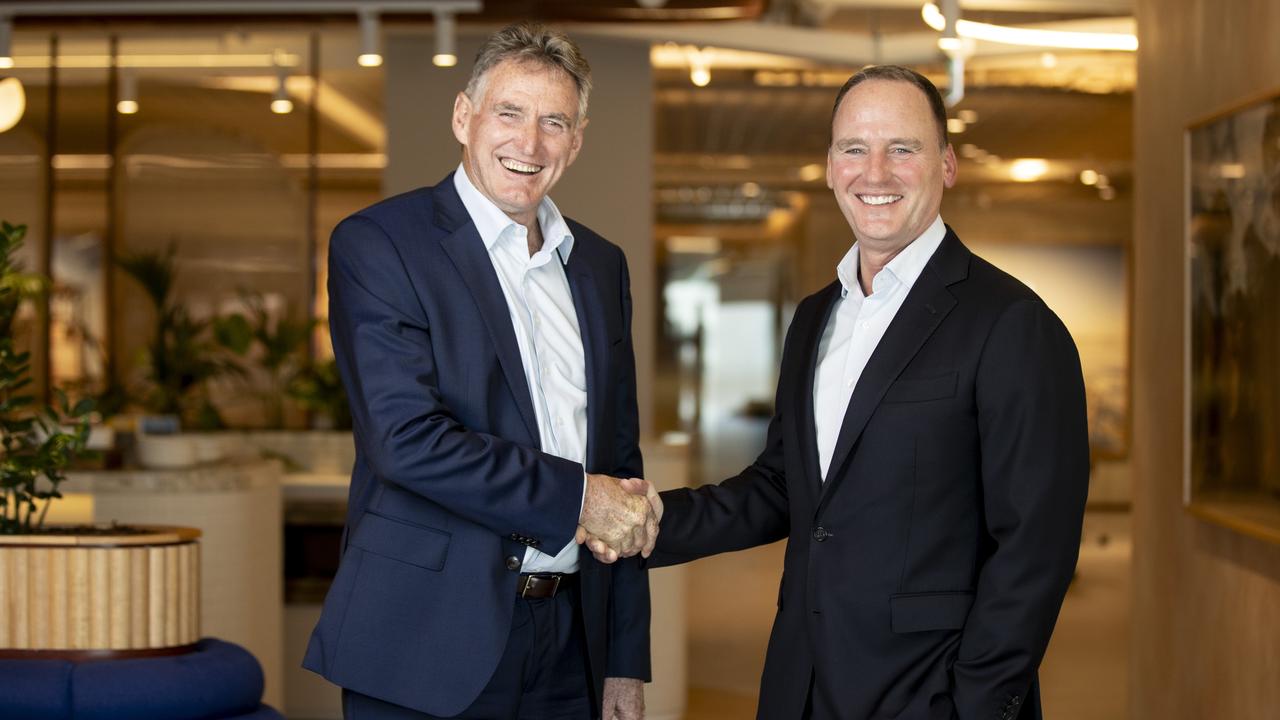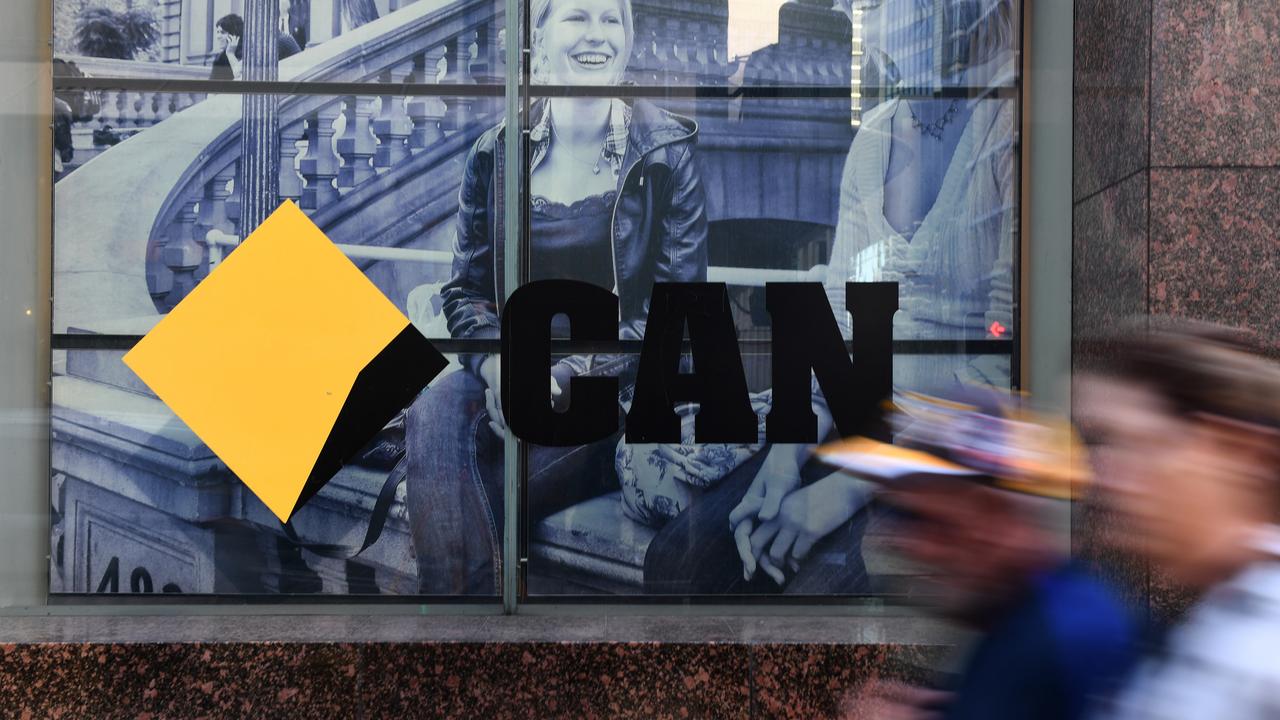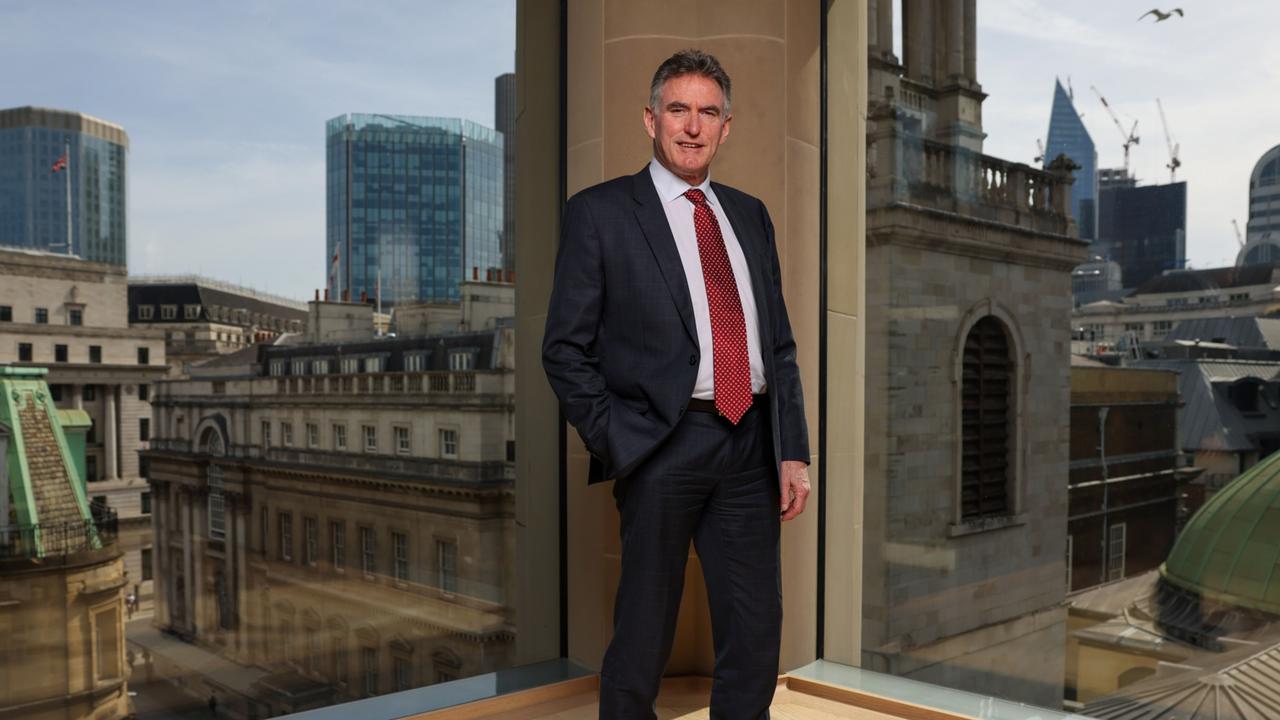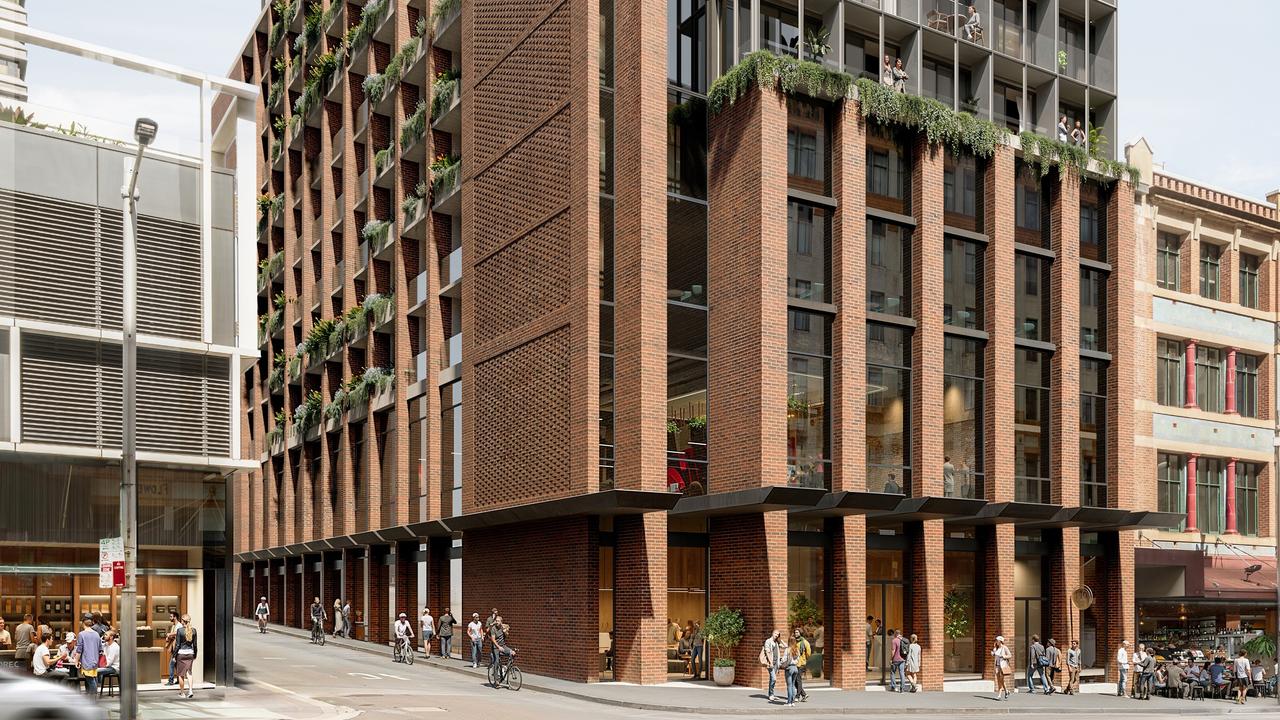Jobseekers demand more as Australia’s skills shortage bites
It will take more than a gym and ping pong table for employers to fill skills shortages. New research reveals what workers want.
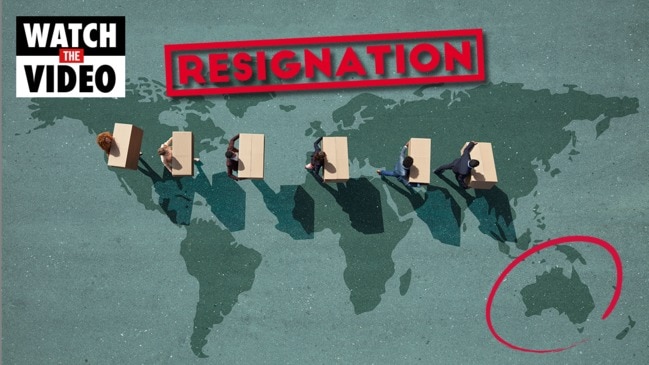
Business
Don't miss out on the headlines from Business. Followed categories will be added to My News.
Skill shortages in the Australian labour market are allowing jobseekers to be choosy, forcing employers to offer more than just a pay cheque to nab top talent.
As well as fun perks and benefits, employers increasingly realise they must invest in company culture, psychological safety and employee trust.
WHAT WORKERS WANT
New research from PricewaterhouseCoopers reveals remuneration and reward is still the No. 1 priority for most Australian workers (25 per cent rank this at the top), but more than one in five (22 per cent) value wellbeing above all else.
Other important factors are the workplace experience (16 per cent), including strong diversity and inclusion policies and a positive team spirit, and ways of working (12 per cent) including autonomy, flexibility and technological enablement.
The average Australian considers these more important than career development, the employer’s brand, and physical workspace.
PwC Australia future of work lead Dr Ben Hamer says the balance of power has shifted from the employer to the employee, so organisations must adapt if they wish to compete for talent.
“(To) attract the right skills, organisations must identify what their workers really want and reimagine their employee value proposition (EVP) to deliver on these expectations,” he says.
Workers value different things, however, influenced by factors such as their culture and upbringing, stage of life, caring commitments, financial liabilities and socio-economic status.
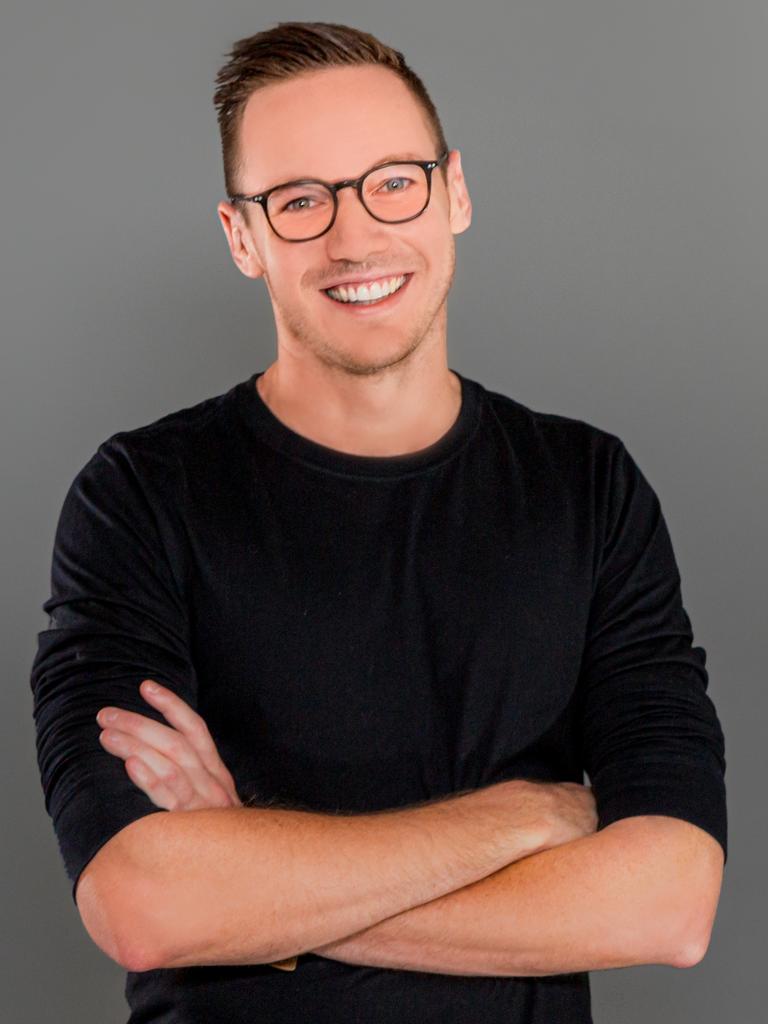
“Because of this, the EVP for an employee does not stay the same over the course of their employment, either,” Hamer says.
“As they get older or have a change in circumstance, like buying a house or having a child, their values, needs, and employment expectations shift, and so should their EVP.”
Business NSW director of policy David Harding says employers need to be “more realistic” about what people consider a perk and think beyond “fruit bowls on Thursdays”.
“It’s flexible work arrangements, how they work and interact with teammates and probably a bigger move towards balance between work and life,” he says.
“I suspect the big driver will be exciting work, variety in work, the opportunity to progress quickly – all those things that motivate humans. The gym membership and ping pong table probably aren’t going to cut the mustard with such large skill shortages.”
COMPANIES MAKING THE CUT
Global data insights organisation Great Place to Work has been crunching the numbers to determine the best employers worldwide for about 30 years, and in Australia for the past 14 years.
Evaluations are based on employee responses to more than 60 survey questions about trust and how well the company empowers all individuals to reach their potential.
This makes up 100 per cent of the assessment for organisations with less than 100 employees, and 75 per cent for larger organisations, with the final 25 per cent based on a culture Audit, evaluating the organisation’s formalised practices, policies and programs.
Great Place to Work general manager for Australia and New Zealand Samantha Huddle says employers cannot manipulate the system to be on the list.
“To be considered, every company needs to be certified first, then, based on your employee results, we look at the top companies for the list,” Huddle says.
“It’s very hard to find talent at the moment and we have a huge interest from companies who want to become certified and understand how they benchmark their culture. It’s the independent verification of the employee experience.”

In 2021, software company Atlassian became the first Australia-founded company to make the global World’s Best Workplaces list – ranked No. 23. It was also among Australia’s Best Workplaces for 2021 in the large employer category, behind Cisco Systems Australia, DHL Express Australia, Salesforce and REA Group.
Atlassian co-chief executive and co-founder Mike Cannon-Brookes says it is humbling to be recognised as one of the best places to work globally, especially in a year when staff were able to work from anywhere.
“When your values underpin what you do and the decisions you make, reimagining work for the next generation becomes easier,” he says.
AUSTRALIA’S BEST WORKPLACES 2021
Large employers
Cisco Systems Australia
DHL Express Australia
Salesforce
REA Group
Atlassian
Medium employers
mantel group
BPAY Group
OMD Australia
Thoughtworks
Canstar
Small employers
Bellroy
Avenue Dental
Tiliter
Propel Ventures
Quorum Systems
Micro employers
The Recruitment Company
Entourage
TrainTheCrowd
Atarix
Glaukos Corporation
Source: Great Place to Work
Originally published as Jobseekers demand more as Australia’s skills shortage bites



